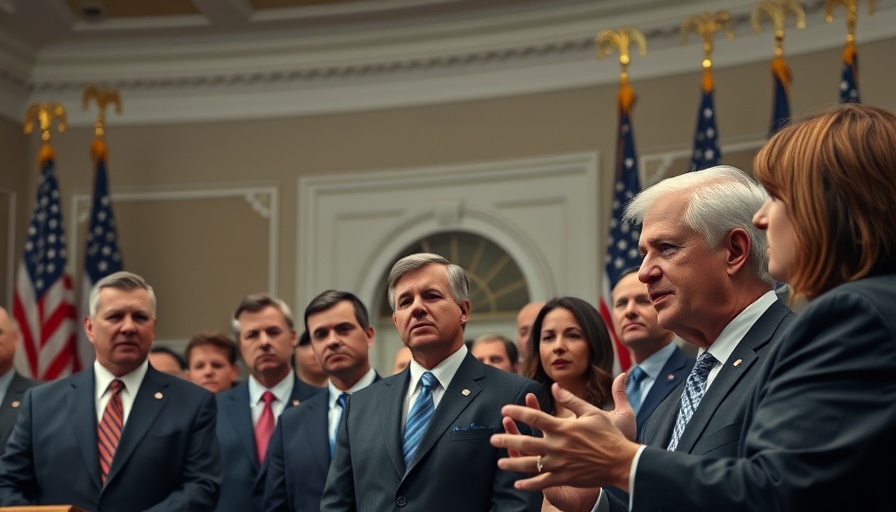
Understanding the New Medicaid Cuts: Who’s Affected?
In an unprecedented turn of events, the passage of the "One Big Beautiful Bill" threatens to drastically reduce Medicaid funding for several states that currently provide health insurance to unauthorized immigrants. This legislation, spearheaded by the Republican leadership, could strip funding from at least 14 states, many of which are governed by Democrats and have enacted policies to ensure that low-income individuals, regardless of their legal status, receive necessary health care.
Why States Stand Firm on Coverage
Advocates argue that providing health insurance to undocumented residents isn’t merely an ethical imperative but also a practical one. The cost-effectiveness of preventive care versus emergency treatment highlights the importance of a stable healthcare safety net. Without this coverage, treatment often shifts to costly emergency facilities, which can burden state economies even further.
A Closer Look at Financial Implications
States like California and New York could feel this financial hit the hardest, with California alone potentially facing funding cuts as steep as $3 billion annually. This raises critical questions on how states will manage the resultant financial shortfalls while trying to uphold their commitments to universal health care.
Political Dynamics at Play
The turbulent nature of this legislation underscores broader political divisions in the United States. While some view these funding cuts as an avenue to reduce government expenditure, critics, including health policy experts, warn of the dire consequences for millions of low-income individuals who rely on these essential services.
Future Predictions: What Lies Ahead for Medicaid?
As the bill proceeds to the Senate, the potential implications for health policy and immigrant care loom large. The fate of these healthcare benefits rests in a legislative battle that encapsulates larger national discourses around immigration, economic responsibility, and public health.
Ultimately, this legislative push not only jeopardizes healthcare access for millions but also highlights the intersection of political motives and public health outcomes. The ensuing debate will have lasting impacts—not just for the unauthorized immigrant community but for the health systems and economies of states willing to support inclusive healthcare policies.
In this complex political landscape, it's paramount for stakeholders—be they citizens, politicians, or health advocates—to actively engage with these issues. Participation in discussions, community forums, or voter advocacy can help steer the response to these evolving health policy debates.
 Add Row
Add Row  Add
Add 




 Add Row
Add Row  Add
Add 



Write A Comment